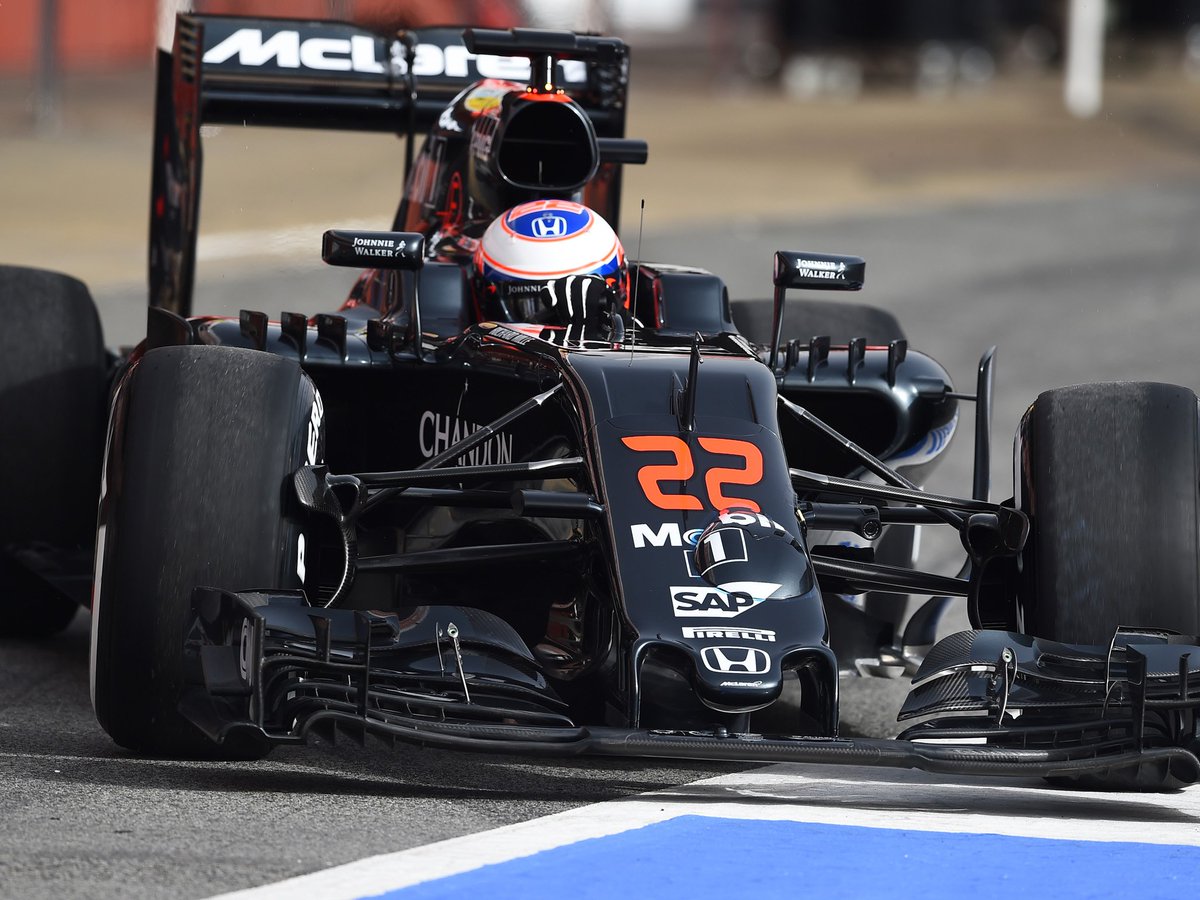I’m going to play Devils’ Advocate’ here - not because I like Marko personally (because I don’t), but because the one sided kangaroo court is in session again baying for blood - and it’s unfounded IMO.
Let’s consider some of the following:
1 - Marko
Marko became a doctor of law in 1967.
While there are many different kinds of law, let’s assume Marko has some reasonable amount of knowledge on the subject. So when he talks of legal topics, calling him a ‘moron’ or suggesting there’s no merits to his assertions, seems to under-estimate his capabilities - and that of the Red Bull legal eagles.
2 - Performance Clauses
The Specific Performance, Equitable Relief, or Injunctive Relief clause requires a defaulting party to perform the contractual obligations in accordance with the terms of the bargain.
The clause typically contains four elements: (a) statement that any breach of the agreement may result in irreparable damages or injury, (b) acknowledgement that there is no adequate remedy at law, (c) right of the non-breaching party to injunctive and other equitable relief, and (d) without requirement to post bond.
While we don’t know the specifics of the contract between Renault and Red Bull, common sense and industry standards would assume that there is performance clauses in there.
3 - Is it the Engine or the Car?
A lot of drivers, commentators and pundits have all publicly stated that the Red Bull chassis is the best on the grid. Some even went on to say that if Red Bull had a Mercedes Engine, they would be dominating. So we can rule out the Car.
Renault have admitted fault:
“Obviously we are facing problems,” said Remi Taffin, Renault Sport F1 head of track operations at the close of business on day two. “You just have to bear in mind that the power unit is made up of a lot of sub-components and it’s not a matter of saying that none of it is working, it’s just a problem of the integration of all these systems. In particular, for this problem, we have to fix it through the energy store. I’m not going to go into detail about the architecture of our system, but we have clearly identified something that we have to change”.
“We can clearly see that we are something like a month behind, ” said Taffin in the Bahrain paddock yesterday. “During the winter I would say (we were) a month or two (behind).
4 - Legal action against Engine Manufacturers
A quick Google will bring up many instances of engine manufactures being sued for engine issues. When looking at some of those, the suggestion is that the engine was ‘sold’ under the premise of certain ‘expectations’. Some cases show the manufacturers ‘knew’ of faults or delays, but did not warn or remedy the issues and when an entity relies on that engine, the manufacture has liability i.e. acted in bad faith.
5 - Damages
What’s a brand worth?
Red Bull
Brand Value $7.2 B
As of November 2013 - Forbes
We have a very successful sporting team who are struggling (remember, it’s not the car) and we have a 4 x WDC who is looking like a novice. As a result we have people globally asking questions of the ‘hero’ driver and the team in general. From a branding perspective, any hit on $7.2 B is big. F1 would protect it's brand in just the same manner, as would Ferrari or any other global brand.
Lost Earnings?
If we look at last years figures to make some assumptions:
2013 Formula 1 Prize Money
Team—————2013—————Total
Red Bull—————1—————$101.5 million
Mercedes————2—————$91 million
So not winning will cost Red Bull at least $10M just in prize money - that’s assuming they place second. We can only wonder about sponsorship clauses and financial remuneration based on championship position. This seems likely and widely reported, as Vettel and Ricciardo have bother stated publicly that they get bonuses for points achieved. So any loss in points results in lost earnings.
As a rule, F1 drivers’ income is 70% retainer and 30% bonus, based on podiums, wins and championship position. Apparently Red Bull is the exception with 40% retainer and 60% bonus, which might partly explain why the driver who doesn’t win looks pretty down!
Conclusion:
Marko has every right to investigate whether his performance partner has met their contractual obligations and if not, then to seek compensation. Whether it comes to anything is another matter, but he has that right.





